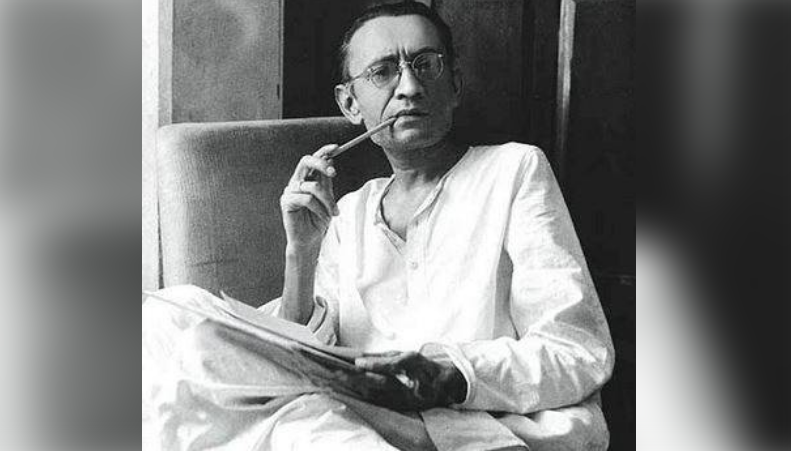Lahore (Web Desk): Saadat Hasan Manto, the celebrated Urdu short story writer, journalist, and radio scriptwriter, was remembered on the 70th anniversary of his passing on January 18, 2025, as a literary giant who profoundly shaped the landscape of modern Urdu literature.
Renowned for his unflinching exploration of the harshest truths of society, Manto's work has always challenged conventions and inspired both admiration and controversy.
Born on May 11, 1912, in Ludhiana, British India, Manto's literary legacy is inextricably linked to the tumultuous period of the partition of the subcontinent.
His writings captured the anguish, the brutality, and the human cost of this seismic historical event.
The legendary writer’s fierce commitment to shedding light on the suffering of partition victims earned him the distinction of being one of the most courageous and poignant voices in Urdu literature.
Manto’s literary repertoire includes 22 collections of short stories, a novel, five radio play series, and numerous essays and personal sketches.
His career began in the early 1930s when he was mentored by the journalist Abdul Bari Alig, who steered Manto's focus from mere political curiosity to a serious pursuit of literary engagement. It was this mentorship that helped Manto transform from a novice writer to a published author.
His first major success came when he translated Oscar Wilde’s Vera into Urdu, later publishing it in 1934.
By 1936, his first collection of original short stories, Atishpare, was released, marking the beginning of his rise as a bold literary figure.
Throughout his career, Manto continued to defy literary norms, producing works that were as raw and unsettling as they were captivating.
His stories, such as Thanda Gosht and Dhuan, revealed the darker, often ignored facets of society, while his radio plays for All India Radio gained wide acclaim. He served as an editor for the weekly Musawwir and contributed to several publications during his career, further solidifying his place in the intellectual circles of his time.
His controversial works often made headlines, not only for their bold treatment of taboo topics but also for the legal battles they sparked.
Nonetheless, Manto remained unrelenting in his quest to explore and depict human nature in all its complexity.
His writings are marked by an uncompromising realism, an empathy for the downtrodden, and a deep understanding of the human condition.
Even after his untimely death on January 18, 1955, Manto’s influence continues to resonate across generations.
His works remain a testament to the power of literature to confront uncomfortable truths and challenge societal norms. Manto’s voice, unflinching and unapologetic, lives on in the hearts and minds of readers, ensuring his enduring legacy in the annals of Urdu literature.


